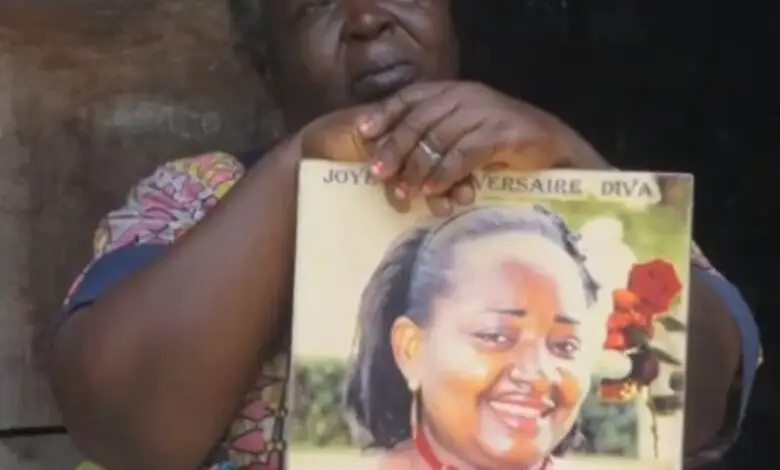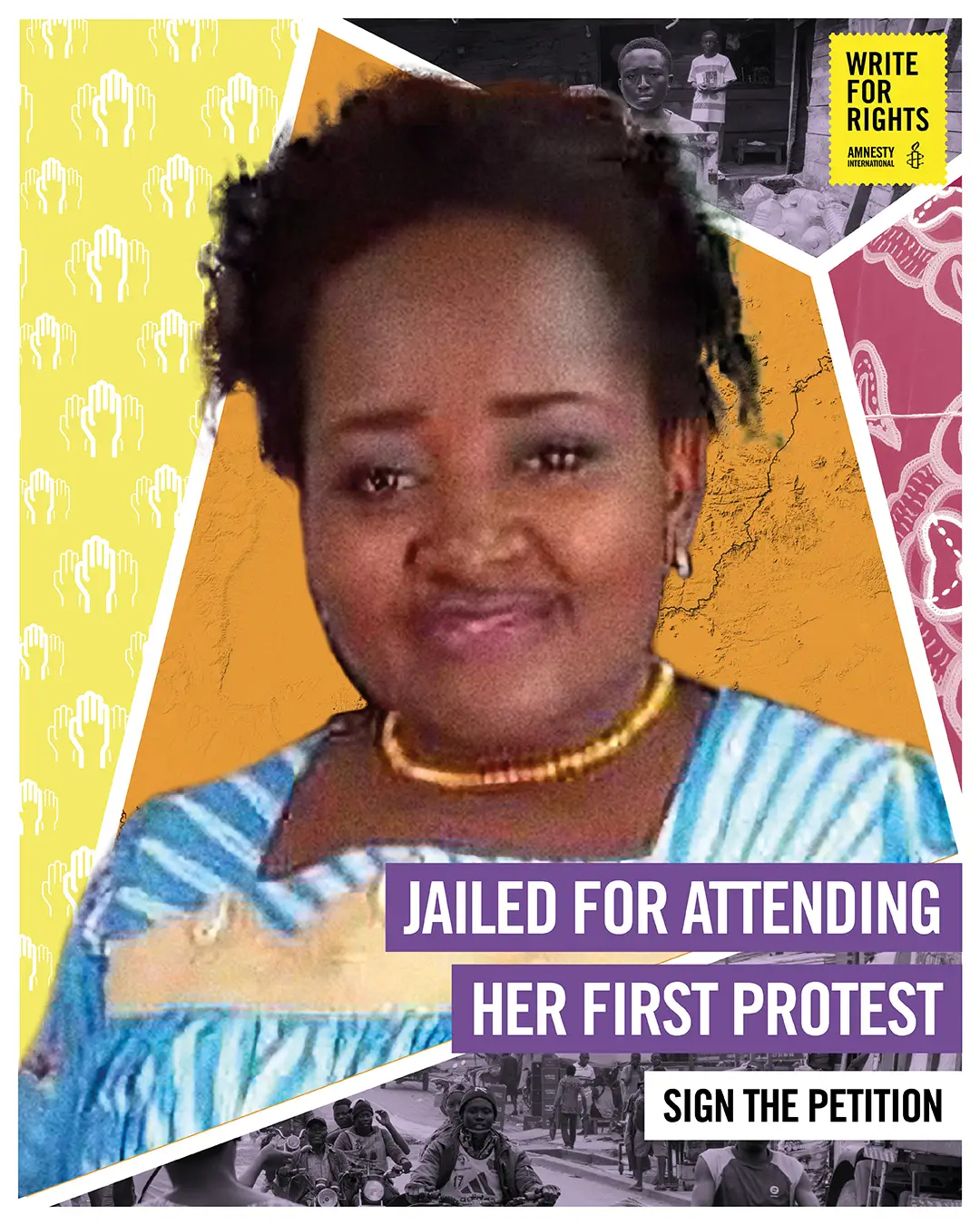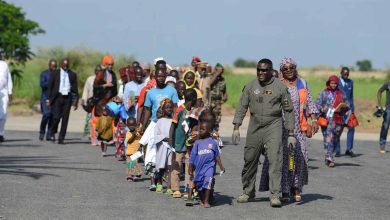Dorgelesse Nguessans 4-Year Ordeal A Human Rights Triumph

Dorgelesse Nguessans 4-Year Ordeal A Human Rights Triumph
In a significant victory for human rights advocates worldwide, Dorgelesse Nguessan, a Cameroonian hairdresser and single mother, has been released after more than four years in arbitrary detention. Her case symbolizes the ongoing struggle for freedom of expression and peaceful assembly in Cameroon.
The Arrest and Charges
Nguessan was arrested in September 2020 after joining her first peaceful protest in Douala, Cameroon’s economic capital. Concerned about the country’s economic challenges, she participated in demonstrations organized by the Movement for the Renaissance of Cameroon (MRC). This decision dramatically altered her life.

Despite having no prior political activism, Nguessan faced serious charges, including “insurrection” and “public demonstrations.” In December 2021, a military court sentenced her to five years in prison. The use of military tribunals for civilian cases raised significant concerns. During her detention, Nguessan’s family endured severe hardships. Her son, who suffers from sickle cell anemia, struggled without access to consistent medical care. Her growing beauty business, which supported her family, also came to a halt.
The Role of Amnesty International
Amnesty International played a crucial role in advocating for Nguessan’s release. Through their Write for Rights campaign in 2022, thousands of supporters worldwide sent letters demanding her freedom. This global solidarity demonstrated the power of collective action in human rights advocacy.

The Struggle Continues
While Nguessan’s release marks a significant milestone, the struggle for human rights in Cameroon is far from over. According to Amnesty International’s regional office, 38 protesters from the 2020 demonstrations remain in detention. These cases highlight the need for reforms in the justice system, protection of peaceful assembly rights, and stronger democratic institutions.
Hope and Advocacy for Change
Following a Court of Appeal decision, Nguessan was released on January 16, 2025. This victory offers hope to other detained protesters. However, her case serves as a reminder of the work needed to protect fundamental human rights in Cameroon and across Central Africa. People can support similar causes by following Amnesty International’s campaigns, supporting local human rights organizations, raising awareness about arbitrary detention, and advocating for justice system reforms.
The Broader Impact
Nguessan’s case extends beyond her personal story. It highlights the broader challenges facing civil society in Cameroon. Her experience shows how a single peaceful protest can lead to unjust imprisonment, affecting individuals, families, and communities. As Cameroon moves forward, cases like Nguessan’s emphasize the critical importance of protecting citizens’ rights to peaceful assembly and free expression.





